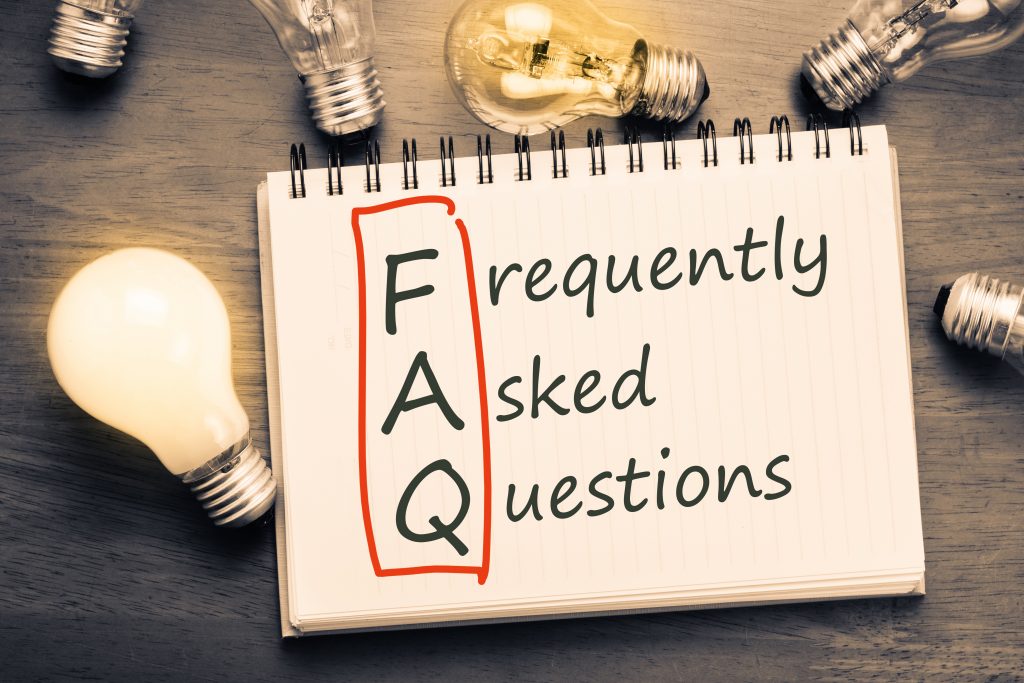Das Forschungsdatenzentrum (FDZ) am ZPID (vormals PsychData) – Die Plattform am ZPID zur Veröffentlichung und Nachnutzung psychologischer Forschungsdaten aus den verschiedenen Bereichen der psychologischen Forschung. Das Serviceangebot des FDZ umfasst die folgenden drei Säulen:
- Unterstützung bei der Dokumentation von Forschungsdaten
- Unterstützung bei der Archivierung von Forschungsdaten (z.B. in PsychArchives)
- Bereitstellung von Datensätzen und Analysestrukturen (z.B. PsychOpen CAMA) zur Wiederverwendung
Weitere Details zu den Leistungen unseres FDZ und den ggf. anfallenden Kosten finden Sie auch in unserem Service-Katalog.
Schnellsuche für unseren Datenbestand

Daten teilen
- Datenauswahl: Welche Daten nehmen wir?
- Dokumentieren Sie Ihre Daten mit DataWiz
- Archivieren Sie Ihre Daten in PsychArchives
- Erfahren Sie mehr über Forschungsdatenmanage-ment

Daten nutzen
Psychologische Forschungsdaten suchen und nutzen
- Inhalt und Struktur: Wie beschreiben wir Forschungsdaten?
- Datenzugang: Wie kann man auf Forschungsdaten des FDZ zugreifen?
- Alle Daten: Erkunden Sie alle Daten unserer Datenbank innerhalb der verschiedenen Forschungsbereiche der Psychologie
- PsychOpen CAMA: Erkunden Sie unsere Plattform zur gemeinschaftlichen Erstellung von Meta-Analysen

FAQ & Serviceangebote
Häufig gestellte Fragen und assoziierte Serviceangebote des ZPID
- FAQ: Lesen Sie unsere Antworten auf häufig gestellte Fragen
- Assoziierte Serviceangebote unseres Instituts: PsychArchives
